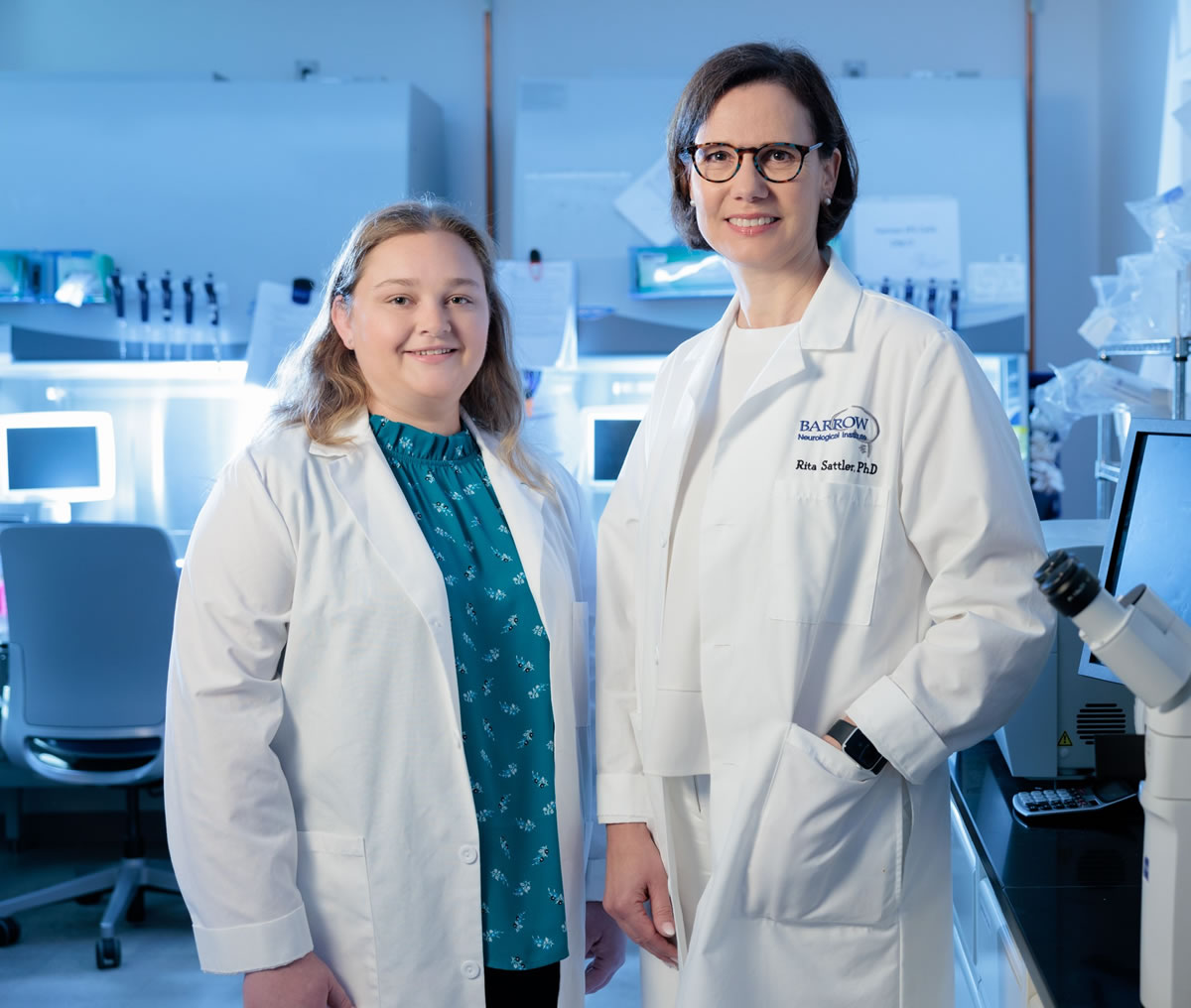MDA Resource Center: We’re Here For You
Our trained specialists are here to provide one-on-one support for every part of your journey. Send a message below or call us at 1-833-ASK-MDA1 (1-833-275-6321). If you live outside the U.S., we may be able to connect you to muscular dystrophy groups in your area, but MDA programs are only available in the U.S.
Targeting inflamma-miRs in DMD
Duchenne Muscular Dystrophy (DMD) is a devastating pediatric neuromuscular disorder which affects 1:3500 boys worldwide. This genetic disorder is driven by mutations in the dystrophin gene, leading to total loss of dystrophin protein in muscle. Without dystrophin, DMD muscle experiences damage and inflammation, eventually resulting in replacement of muscle with fat and fibrous tissue. Thus, there is an urgent need to understand and treat inflammation in DMD. microRNAs are short RNAs that serve as volume dials for different proteins; it is well documented that they help control inflammation. Our lab has described two microRNAs called inflamma-miRs that are found at very high levels in the muscle of DMD patients and DMD model mice. When we purposely cause inflammation in muscle cells, we see an increase in inflamma-miRs, suggesting that inflammation regulates inflamma-miR content. Interestingly, inflamma-miRs resemble viral RNA, and because of this, we found that they can activate an immune receptor called TLR7, whose normal role is to trigger inflammation in response to viral RNA. TLR7 should only be found in immune cells, however DMD muscle “mis-expresses” TLR7 thus “priming” it to trigger an immune response when it senses inflamma-miRs in muscle. In this grant proposal we will determine if 1) reducing inflamma-miRs or 2) reducing levels of TLR7 can benefit inflammation and muscle function in DMD model mice.
Digital Object Identifier (DOI)
Grantee: Alyson Fiorillo, Ph.D
Grant type: Research Grant
Award total: $298,910.00
Institution: Virginia Commonwealth University
Country: United States









